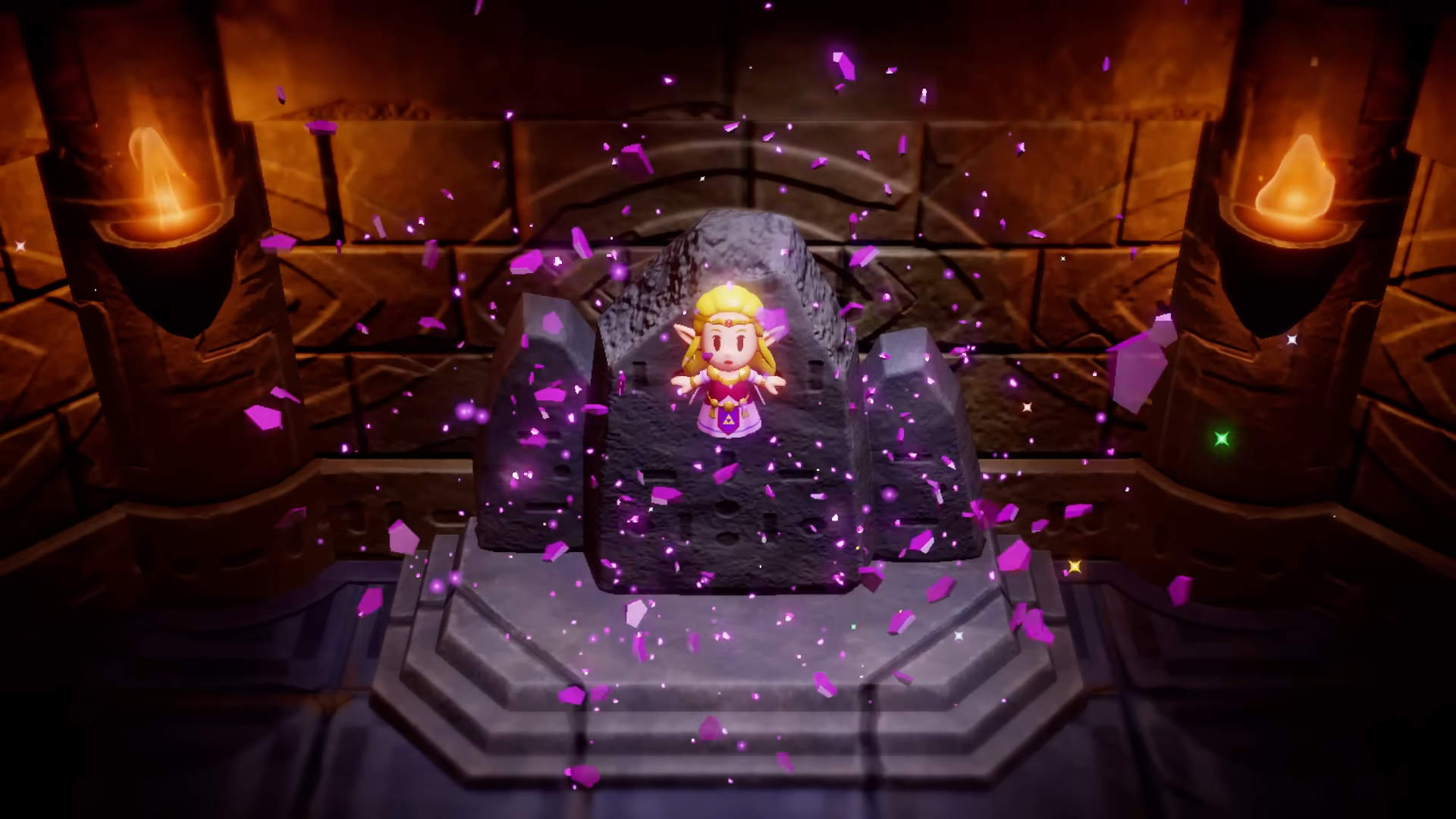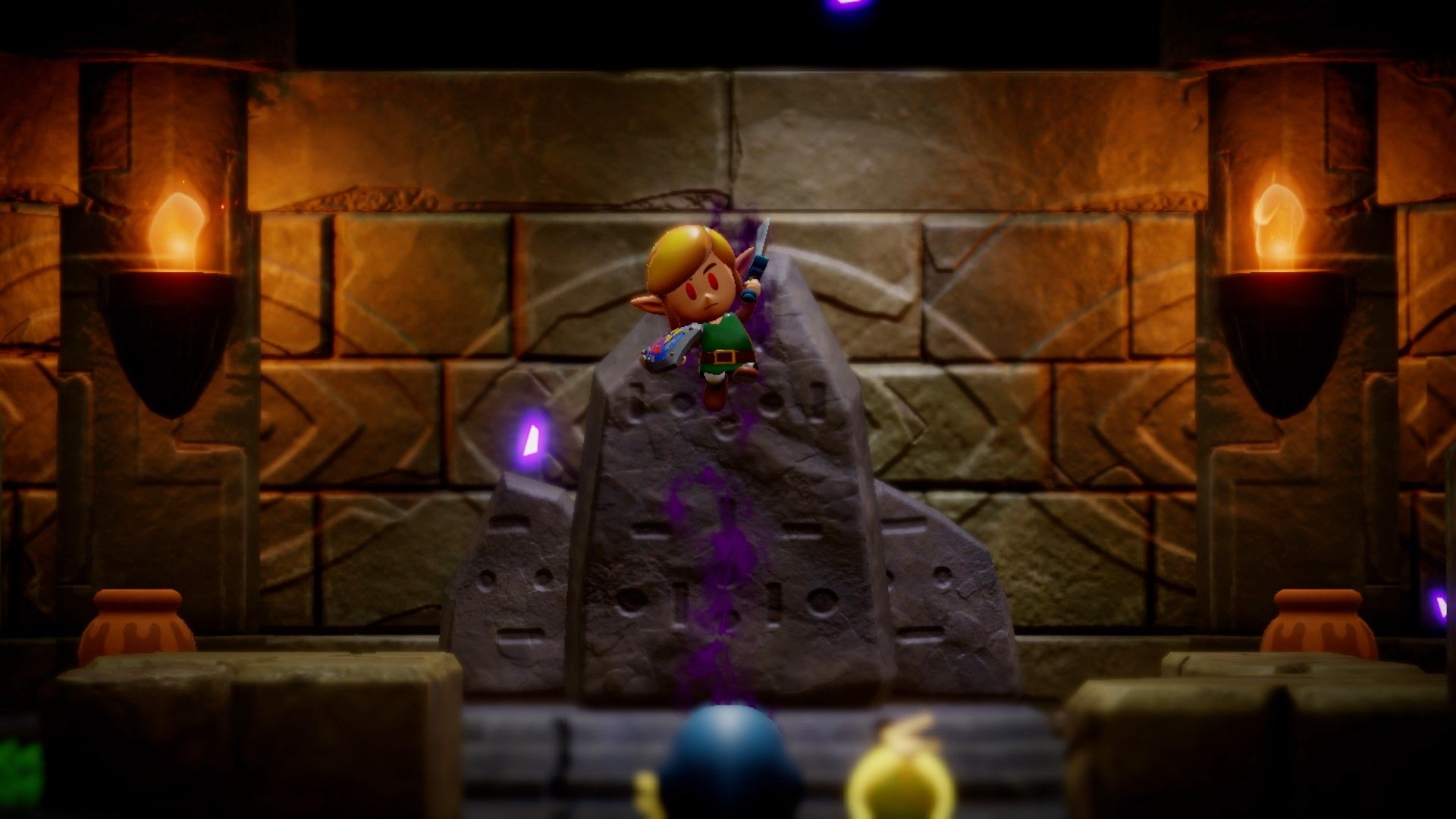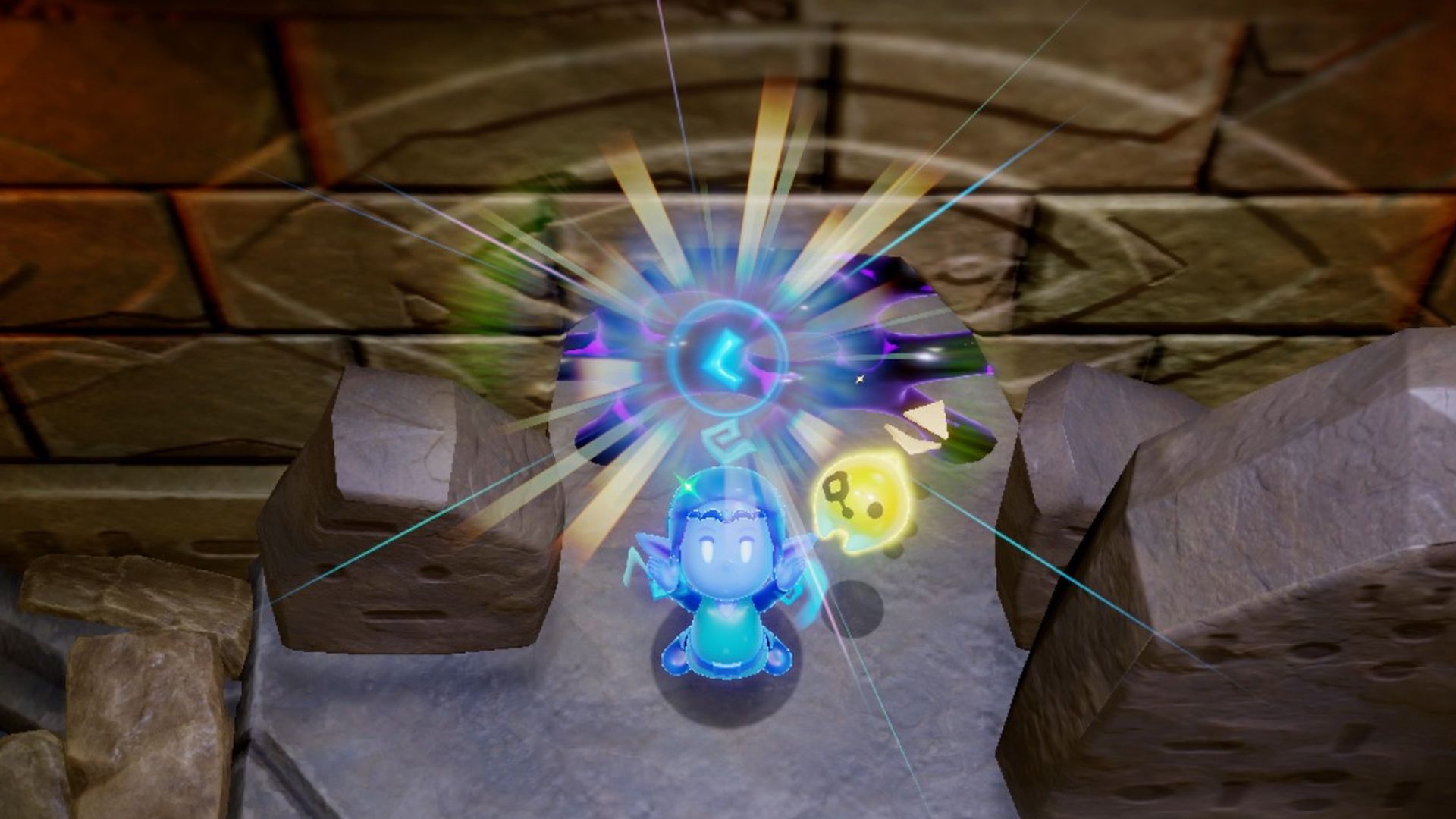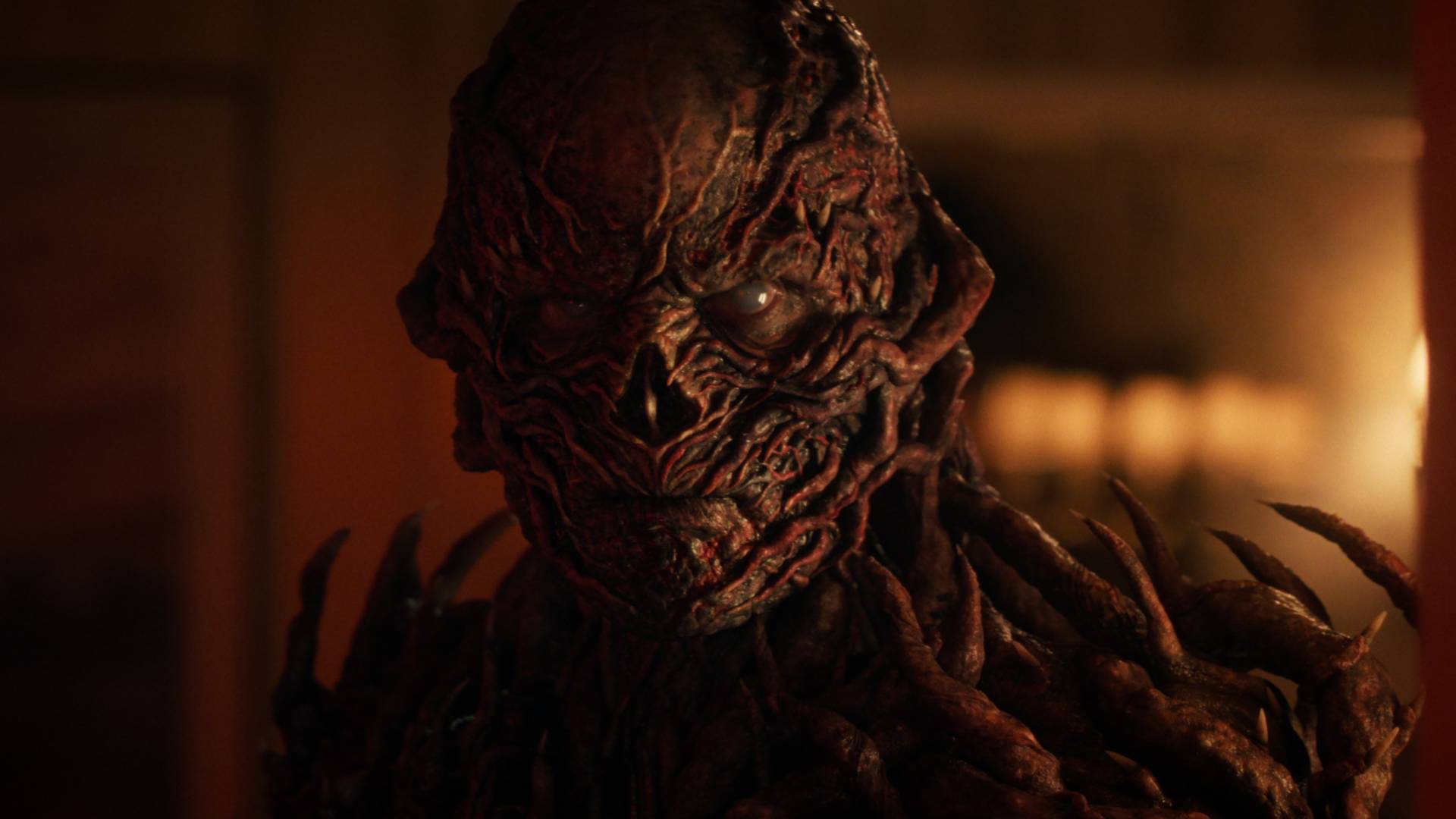Zelda: Echoes of Wisdom prepares us for the world after Tears of the Kingdom, but lets its hero down in the process

The Legend of Zelda: Echoes of Wisdom is an important game for Nintendo. Famously, it's the first mainline game where Zelda herself has been playable - no, I'm not counting Spirit Tracks - bucking a decades-long trend and finally putting the eponymous princess at the forefront of her own legend. But it's also the first game to exist in a world after Breath of the Wild and Tears of the Kingdom. And while it's very effective at being one of those things, it stumbles clumsily over being the other.
The Legend of Zelda: Echoes of Wisdom opens to calamity in Hyrule. Strange rifts begin appearing all over the kingdom, swallowing up anyone unable to outrun them, including both Link and the King of Hyrule. The latter is eventually spat back into the world, where he mysteriously pins the blame on his daughter Zelda, and sentences her to death. It's an unfortunate start for the princess, who begins her first-ever title game consigned to the dungeons of her own castle.
Fortunately, she's visited by Tri, a glowing spirit who grants Zelda a wand capable of scanning objects around the world and reproducing them at will. In the bowels of the castle, Zelda can stack tables and crates into makeshift ladders, or use beds to bridge gaps she can't jump. As she ventures further into Hyrule, rocks can be summoned into the world to be hurled at enemies. Those enemies can then be scanned and turned into allies, fighting at Zelda's side.
Cut & Paste

It's a surprisingly versatile system, immediately reminiscent of the way that Tears of the Kingdom encourages creative puzzle-solving by virtue of sticking things together and seeing what works. Some solutions are more prescribed, particularly for more optional puzzles or dungeons, but around Hyrule itself there's a lot of flexibility, even within the limits of Tri's abilities - each item that Zelda can copy has a value, and in my demo Tri could only reproduce three simple items at a time. That was still enough to allow plenty of experimentation, and while I can't pretend that my triple-stack bed bridges were the most elegant solution, there were enough alternatives that I never felt limited in my approach.
Puzzle-solving isn't only limited to arranging copied items just-so, thankfully, as Tri has a handful of other tricks. The sprite can attach to heavy obstacles, allowing Zelda to move them around with ease, or to moving objects, letting the princess match their movement. The latter system is a little finicky, particularly when Echoes of Wisdom transitions from its top-down perspective to a side-on approach for certain puzzles, but it's another harkening to the kind of open-world freedom that isn't necessarily present in here, but remains an obvious link to Breath of the Wild.
Mistaken Identity

While Echoes of Wisdom does seem to have taken the lessons of Breath of the Wild and Tears of the Kingdom's Hyrule to heart, however, it feels like a step back from those games in a key regard: Zelda herself. Echoes of Wisdom subverts three decades of series tradition in introducing Zelda as a playable character, but having done so it quickly feels as though it's no longer particularly interested in her as a character.
Despite being a driving force of Link's narrative for decades, in her own game Zelda is rendered mute, much like her long-time protector. Rather than feeling like a leading character, she's placed into her first story in her entire 38-year history and all-but left to allow the world to flow around her, all while multiple NPCs talk incessantly about the absent Link. Beyond her wand, (provided by Zelda's personal alternative to Navi), there's little here to stop Zelda from simply feeling like Link in a dress. The feeling that Zelda is an afterthought in her own game is only heightened when, barely an hour into the game, you unlock 'Swordsman Mode'. This temporary power-up is extremely powerful, allowing Zelda to fully embrace melee combat. Problem is, she can only do that by literally turning into a copy of Link – pointy hat, empowered sword, and all.
Weekly digests, tales from the communities you love, and more
It's a disappointing mark against a game that is otherwise an intriguing new chapter in The Legend of Zelda. It's not the sandbox that Tears of the Kingdom is, but it's interesting to see that this universe is still interested in the ideas put forward by Fuse, Recall, and Ultrahand. We're not going back to the version of Hyrule that Breath of the Wild established any time soon, but if we can maintain any of those games' playful, experimental nature, that's a fascinating place for the series to go. But the appetite for Zelda as the hero of her own story has clearly been growing, and the two most recent mainline games have only bolstered interest in her as a playable character. While Echoes of Wisdom feels like a tentative step forward for the future of The Legend of Zelda, it's a marked stumble back for its titular heroine herself.
Can Echoes of Wisdom do enough to make it onto our list of the best Zelda games of all time?

I'm GamesRadar's Managing Editor for news, shaping the news strategy across the team. I started my journalistic career while getting my degree in English Literature at the University of Warwick, where I also worked as Games Editor on the student newspaper, The Boar. Since then, I've run the news sections at PCGamesN and Kotaku UK, and also regularly contributed to PC Gamer. As you might be able to tell, PC is my platform of choice, so you can regularly find me playing League of Legends or Steam's latest indie hit.


